Back to Courses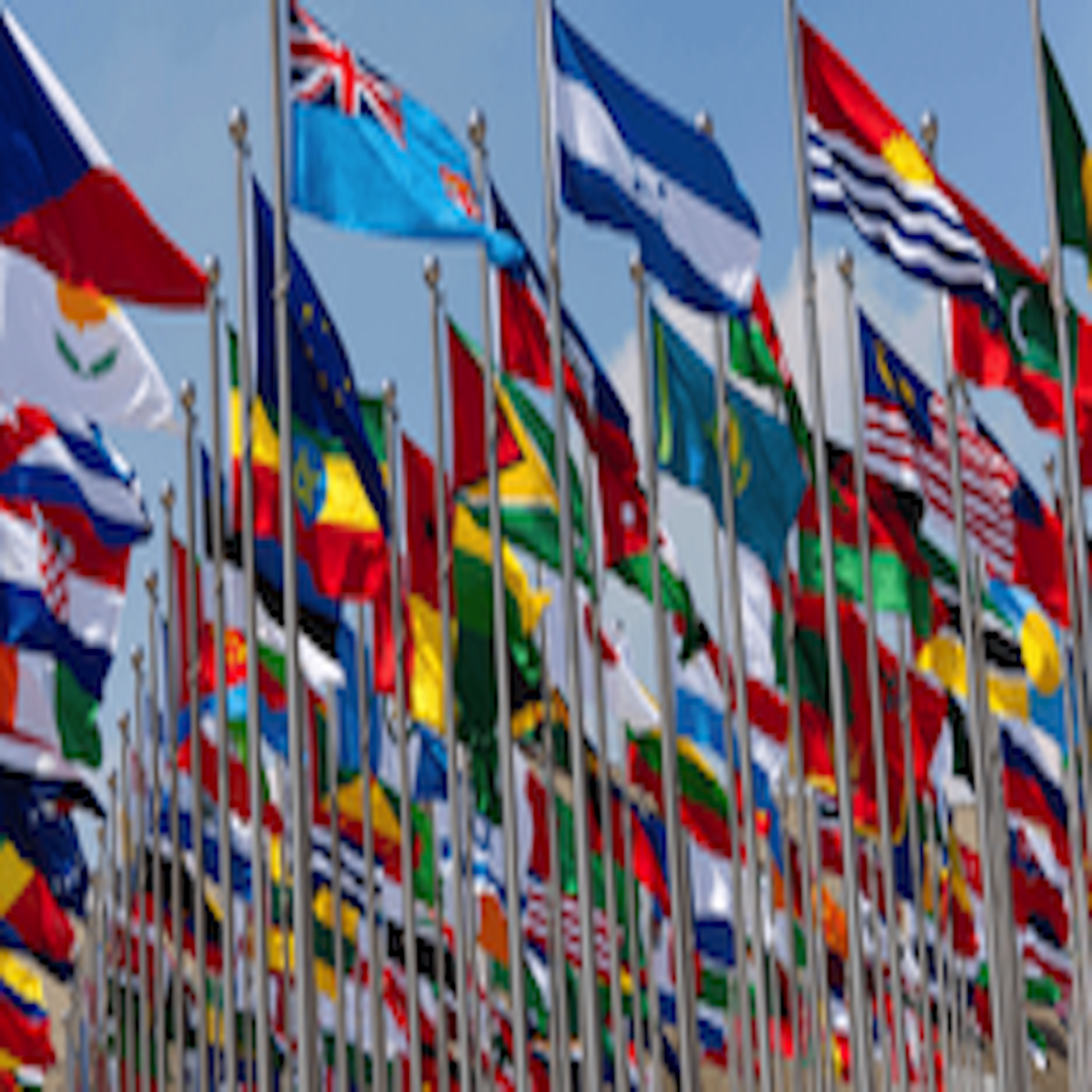
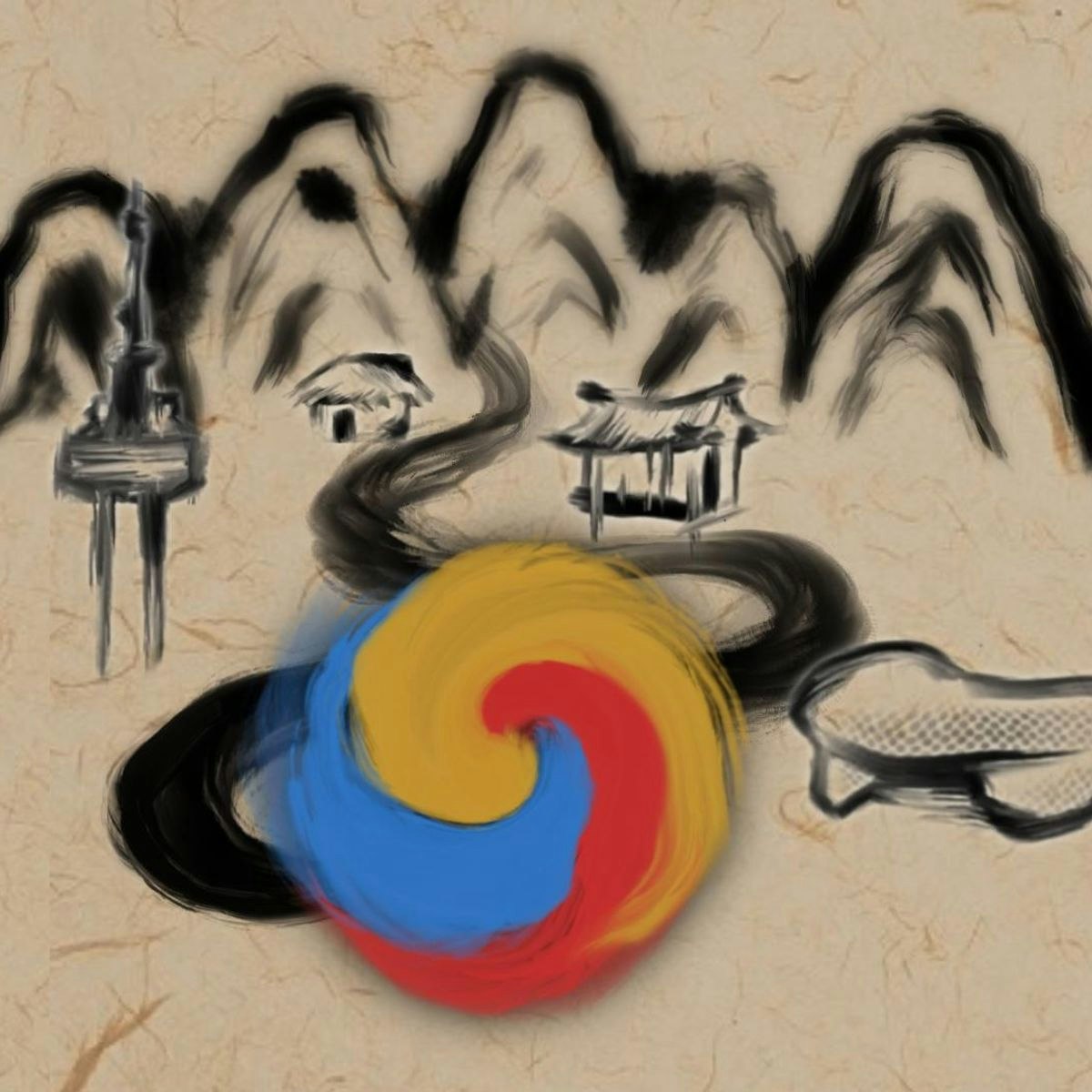
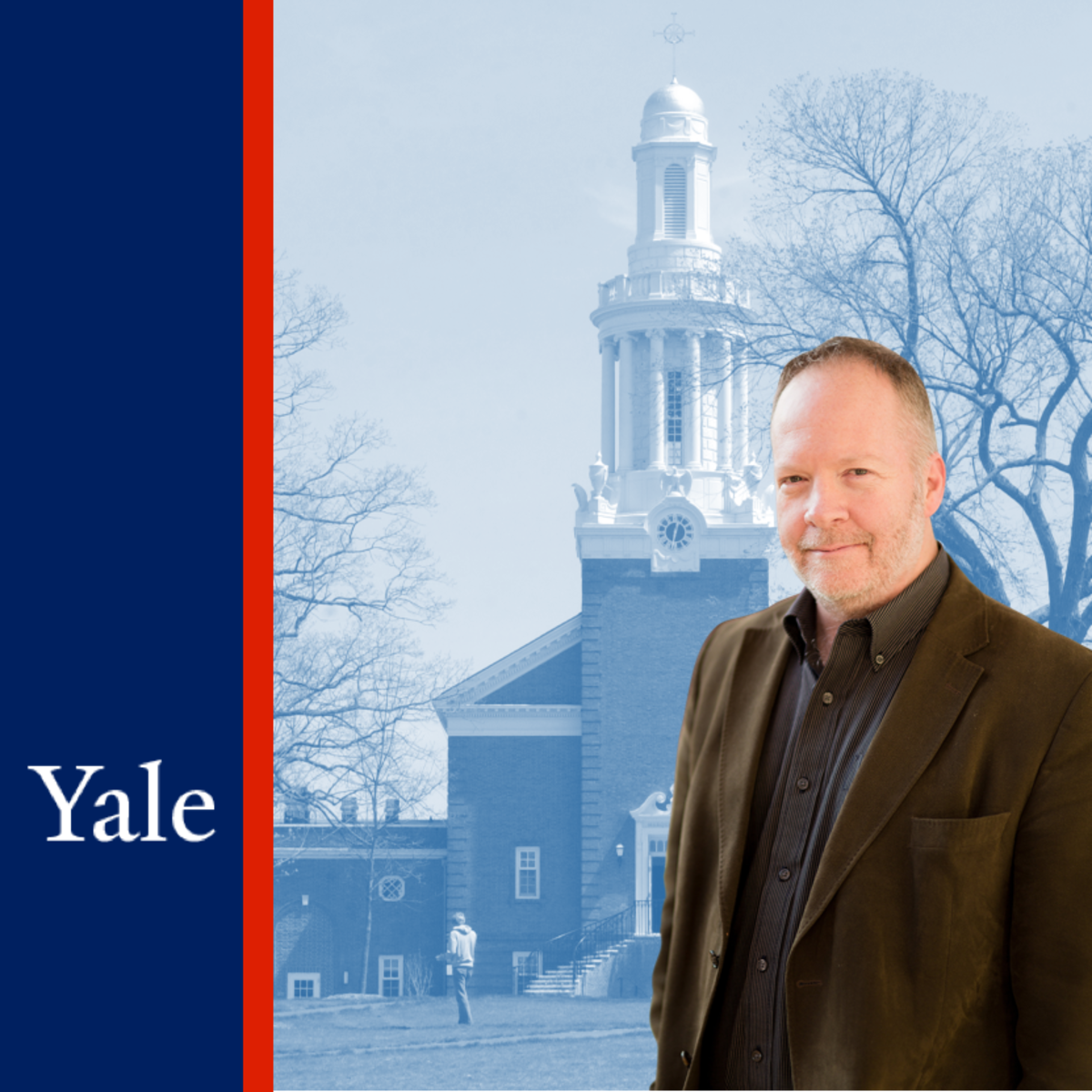
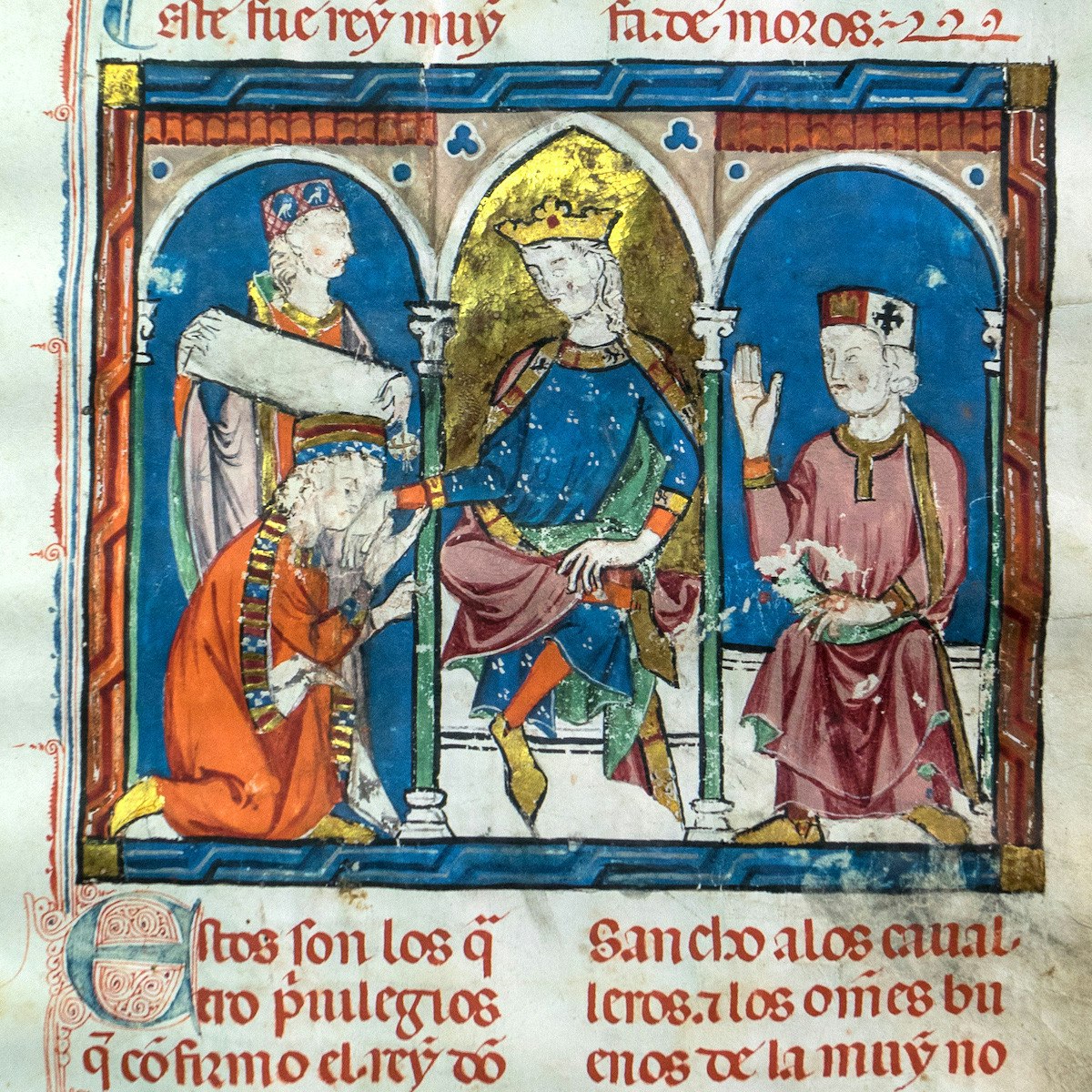

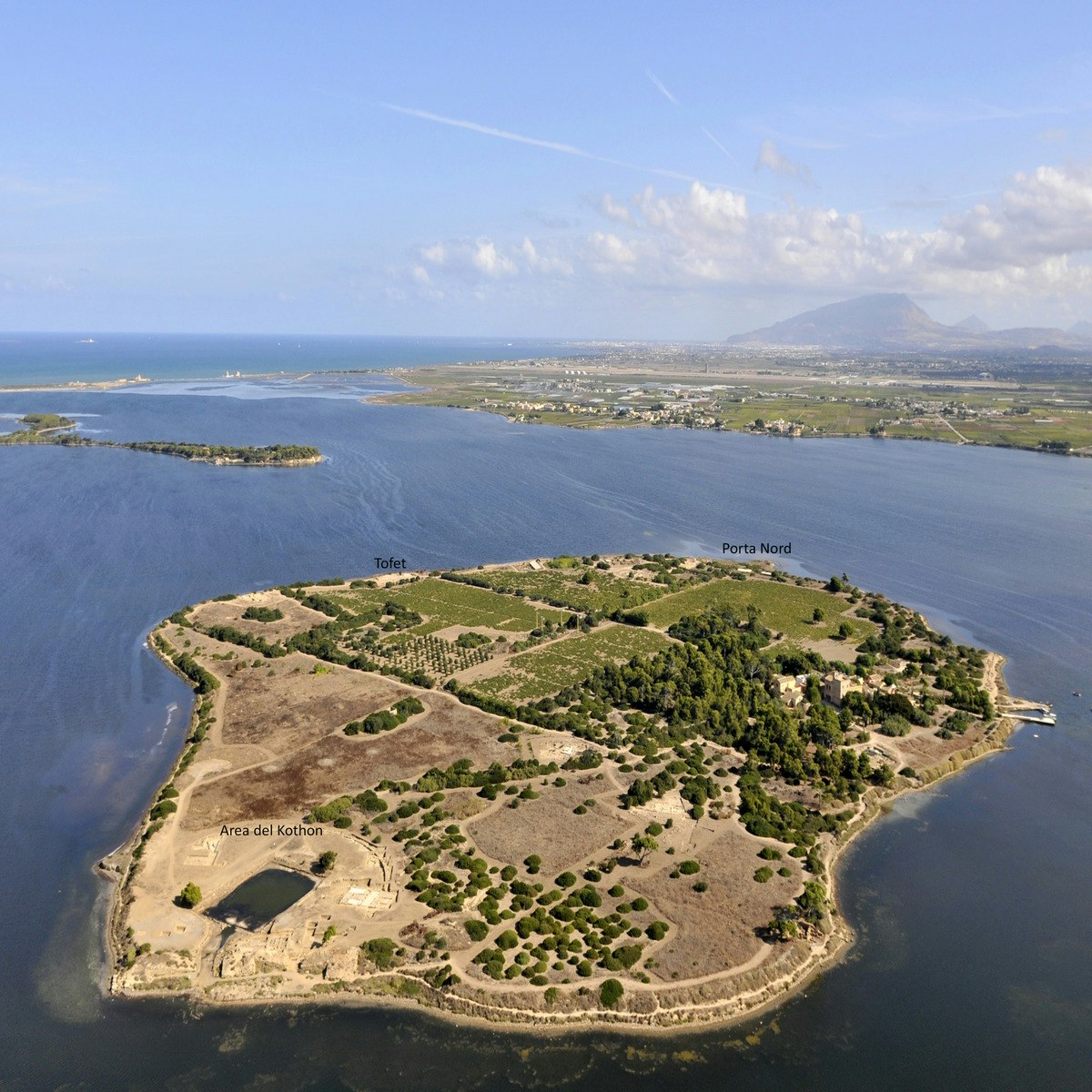
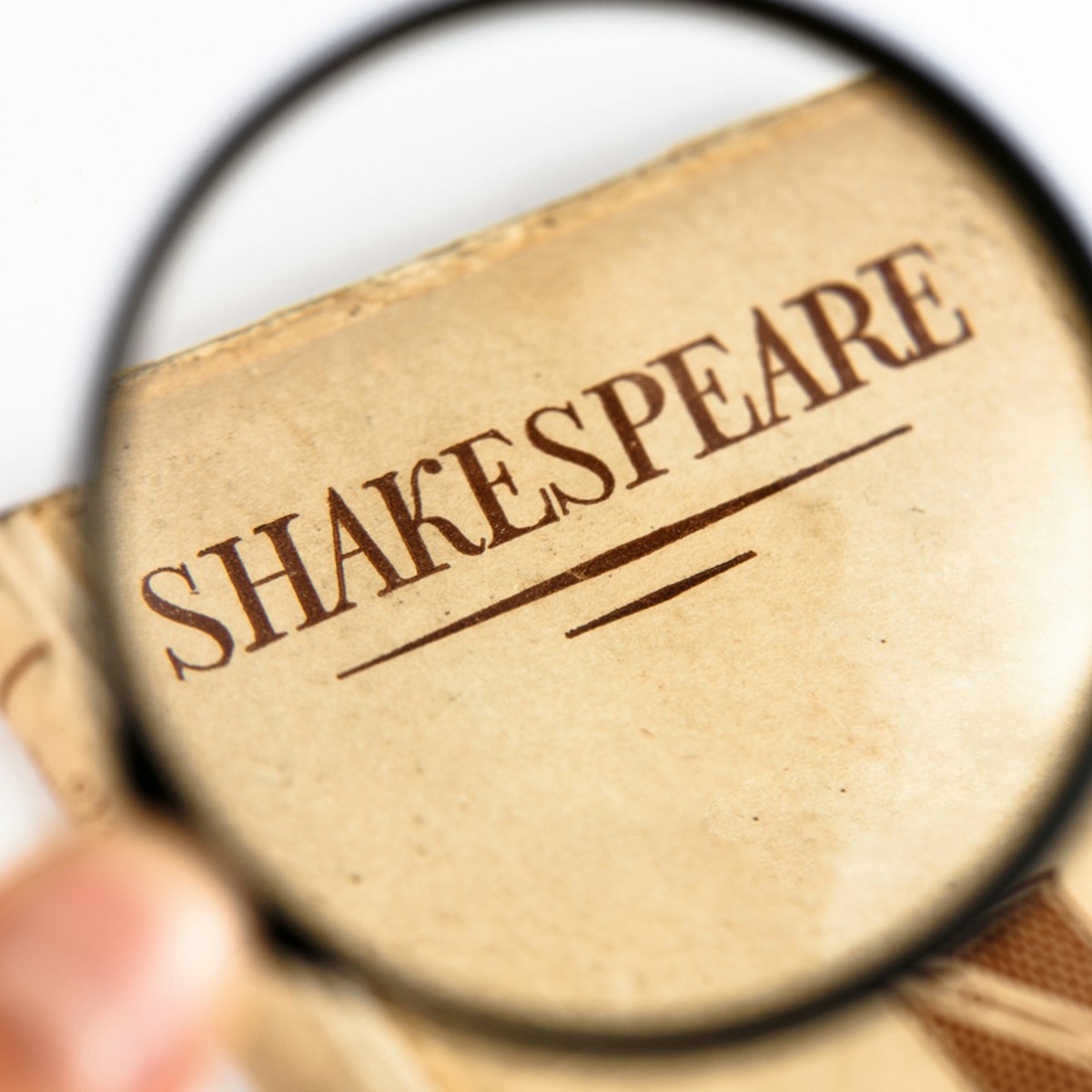
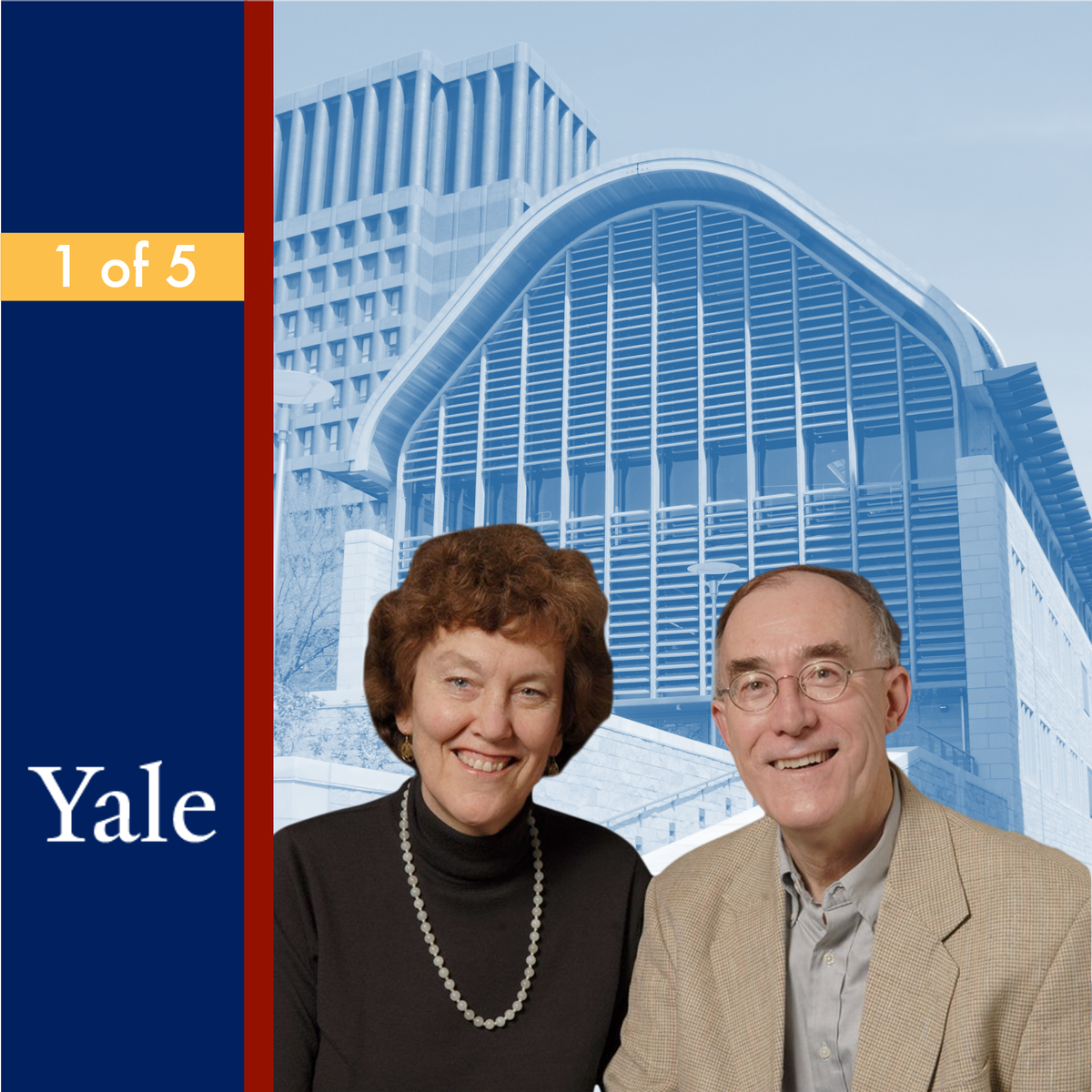
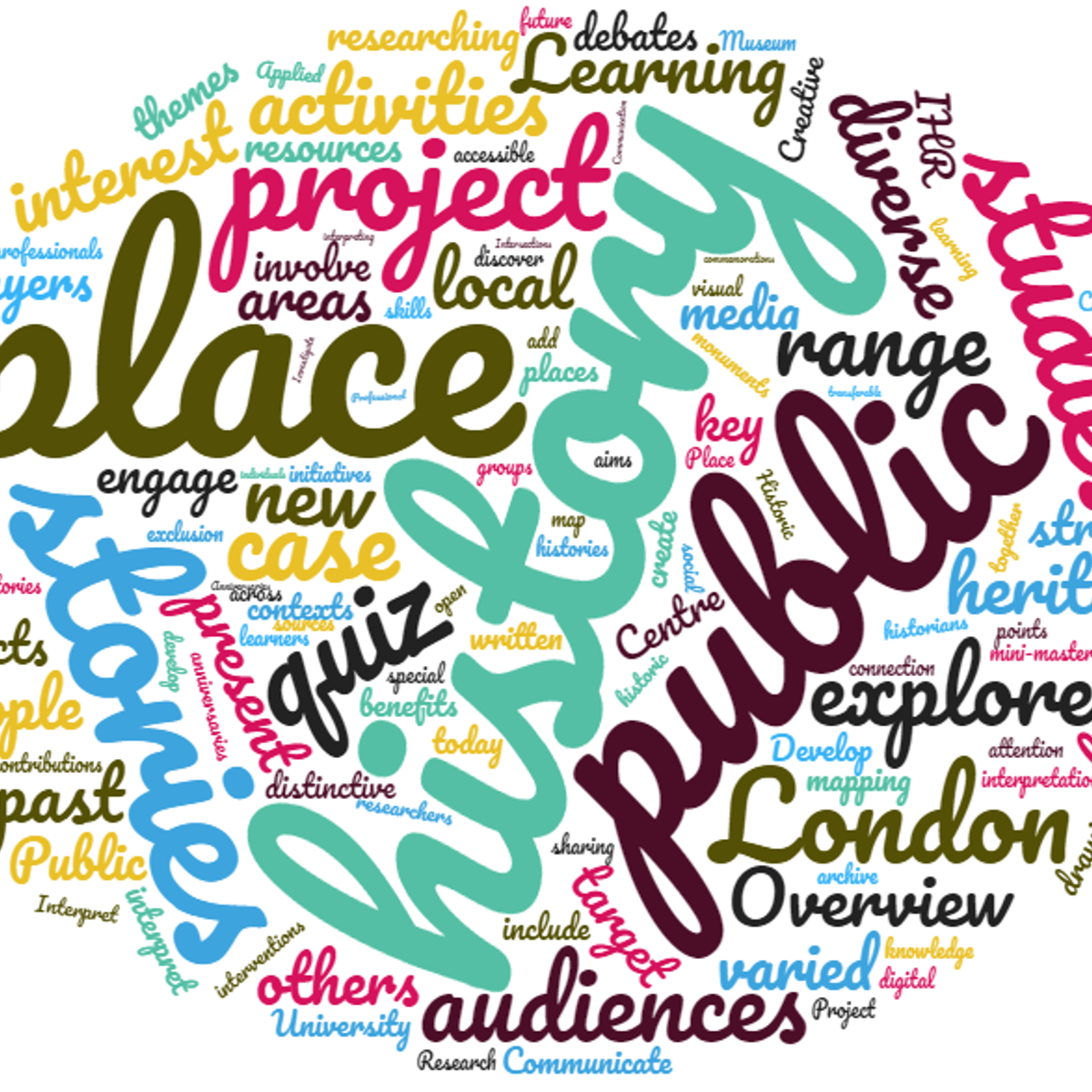
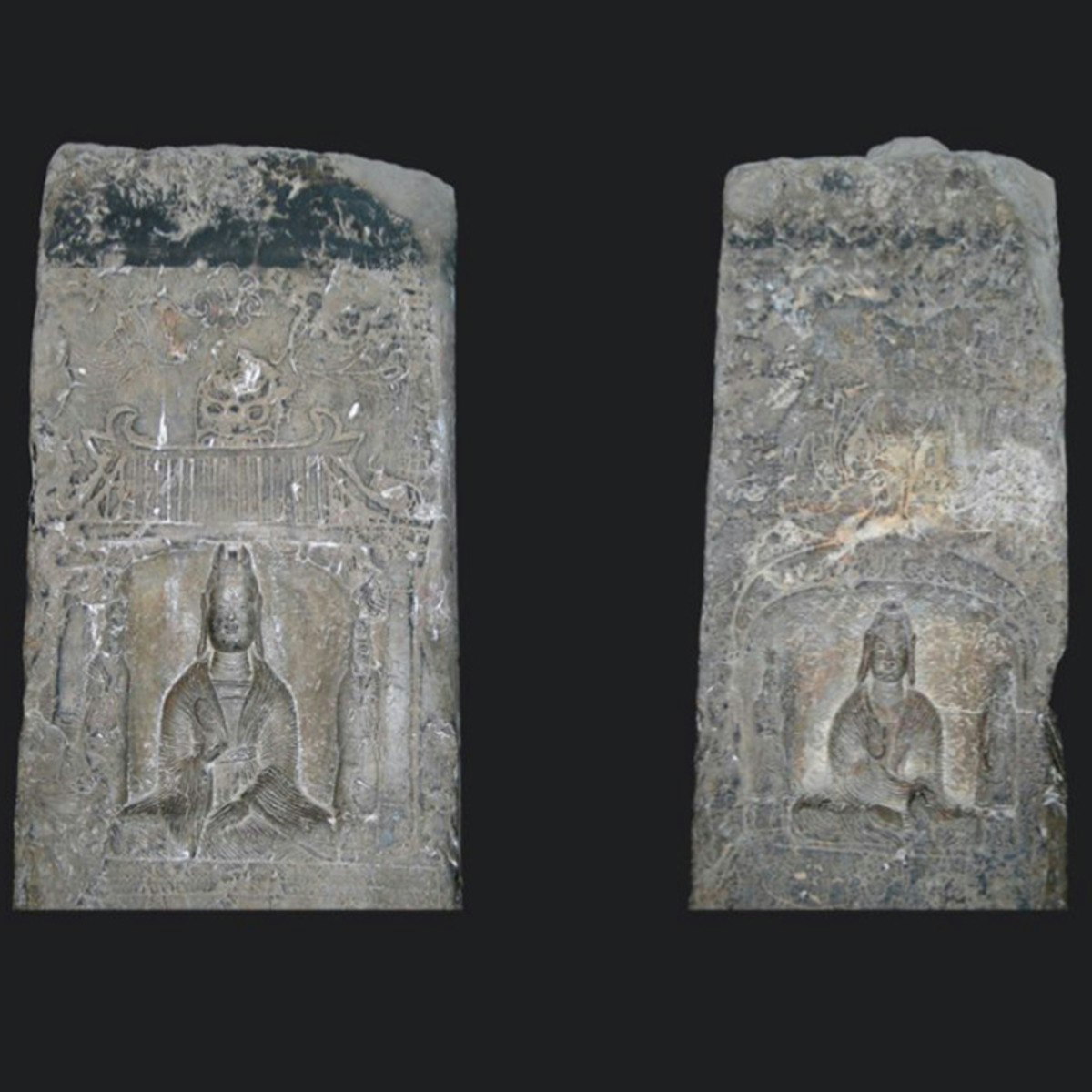
History Courses
Showing results 1-10 of 168

The Changing Global Order
How are international power relations changing and how can global peace and stability be maintained? This course familiarizes you with some main theories of international relations, shows how the global order is gradually changing and discusses how selected international and regional organizations contribute to the maintenance of global peace and security. You learn what research findings tell us in terms of the capacity of international organizations and actors to help prevent or stop violent conflict, what tools are used to negotiate agreements and how foundations for sustainable peace are best created. We will also focus on the role of the European Union in terms of diplomacy and efforts to prevent conflict, the North Atlantic Treaty Organization and the contribution of organizations such as the African Union to the prevention of conflict and war. We will study the United Nations Security Council and see in which ways its membership could be adapted to more accurately reflect the power relations of the current global order. Through quizzes and exercises testing your knowledge of these subjects, you will understand crucial concepts and get insights into how the academic study of international relations and international organization contributes to the search for global stability and peace in practice.

Introduction to Korean Philosophy and Culture
This course will give you the cultural and historical background to begin your journey into Korean philosophy, and there is no prerequisite knowledge on philosophy required. Anybody who either has an interest in Korean culture, maybe through K-Dramas or K-pop, or an interest in philosophy from a cross-cultural perspective, are all welcome.
Despite the growing interest in Korean culture, there are few courses which explore the fascinating topic of Korean philosophy. On this course, you’ll be introduced to concepts in Korean philosophy through an exploration of the Korean language, culture and perspective.
The Korean cultural, social, and political environment has informed and transformed the intellectual assets of China and the West. You’ll explore the creative tensions that Koreans have experienced, and broaden your worldview as you discover a new philosophical approach.

A Journey through Western Christianity: from Persecuted Faith to Global Religion (200 - 1650)
This course follows the extraordinary development of Western Christianity from its early persecution under the Roman Empire in the third century to its global expansion with the Jesuits of the early modern world. We explore the dynamic and diverse character of a religion with an enormous cast characters. We will meet men and women who tell stories of faith as well as of violence, suppression, and division. Along the way, we encounter Perpetua and her martyrdom in Carthage; the struggles of Augustine the bishop in North Africa; the zeal of Celtic monks and missionaries; the viciousness of the Crusades; the visions of Brigit of Sweden; and the fracturing of Christianity by Martin Luther’s protest. We hear the voices of great theologians as well as of those branded heretics by the Church, a powerful reminder that the growth of Christianity is a story with many narratives of competing visions of reform and ideals, powerful critiques of corruption and venality, and exclusion of the vanquished. The troubled history of Christian engagement with Jews and Muslims is found in pogroms and expulsions, but also in the astonishing ways in which the culture of the West was transformed by Jewish and Islamic learning.
We shall explore the stunning beauty of the Book of Kells, exquisitely prepared by monks as the Vikings terrorized the coast of England. We will experience the blue light of the windows of Chartres, and ponder the opening questions of Thomas Aquinas’ great Summa. We will read from the Gutenberg Bible of the fifteenth century, which heralded the revolution brought by the printing press. We will travel from Calvin’s Geneva to Elizabeth’s England to Trent, where a Catholic Council met to inaugurate a modern, missionary Catholic church. We will walk through the great Escorial of Philip II of Spain, hear the poetry of John of the Cross, and follow the Jesuits to Brazil and China.
Christianity in the West was forged in the fires of conflict and tumult, and it brought forth both creativity and violence. It echoed with calls for God’s world to be transformed, it inspired the most sublime art and architecture, yet it also revealed the power of the union of cross and sword to destroy. The course is a journey through the formation of the West as one strand of Christianity, as one chapter in a global story. It is a journey that has shaped our world.

Toledo: Deciphering Secrets of Medieval Spain
This course evaluates the medieval history of Toledo from the era of the Visigoth Kingdom (6th-8th centuries) through its Islamic period (8th to 11th centuries) and into its reintegration into Christian Spain (after 1085 c.e.) In particular, we take note of the cultural and religious transformations that characterized the city with a special effort to understand how many peoples and religions came to settle and live amongst one another. We will virtually-tour the Islamic and Christian structures of the Museo de Santa Cruz, Iglesia de San Román, Sinagoga del Tránsito, Mezquita de Bab al-Mardum, Archivo Municipal de Toledo, and the Archivo Historico de la Nobleza.
We examine the Visigoths transition from Christian Arianism to Catholicism and the harsh treatment of the Jewish population. We explore Islamic governance and development of the medieval city of three faiths, with a special interest in its cultural achievements. We will study King Alfonso “The Wise” (1252-1284)’s efforts to characterize himself as the “king of three religions” via his legal codices, the creation of the Cantigas de Santa María, and his intellectual endeavor known as the Toledo School of Translators. We evaluate the robust Jewish and converso noble families of the city and appreciate their intellectual, religious, and economic contributions to Castilian life. We will bear witness to the rise of anti-Jewish blood purity statutes, the creation of the Inquisition, and the expulsion of the Jews. We also briefly introduce and study Spanish manuscripts from the municipal and cathedral archives to make new scholarly breakthroughs relating to the Jewish, Christian, and Muslim interrelations.
No knowledge of Spanish is needed to participate in the course or in our transcription efforts.

Privacy in the USA
After having followed Privacy in the Western world you have become acquainted with the overall global legal system and the origins of privacy as a concept as well as privacy as a (human) right. This course deals with the American legal system to protect privacy.
In the USA privacy is protected through different legal concepts. Constitutional protection through the 4th Amendment plays a crucial role in protecting the US citizen against unjust governmental intrusion. As part of a myriad of consumer protection laws (e.g. health, financial) personal data is also protected. And last but not least there are a number of specific laws dealing with the (privacy) protection of all sorts of communications, such as mobile telephony, e-mail, online searches, etc.
The course deals with the main legal concepts in such a way that the learner will, after having successfully completed the course, be able to follow the legal developments in the USA.
We hope you enjoy the course!

At the Origins of the Mediterranean Civilization: Archaeology of the City from the Levant to the West - 3rd-1st millennium BC
Which are the deepest roots of that mix of cultures that we use to call ‘Mediterranean Civilization’? Which are comminglings and exchanges which produced its most complete fruit, i.e. the city, a place for landscape-modelling communities? And which elements did contribute to build up that baulk of customs, ideas, and innovations which compelled to confrontation and hybridizations different peoples for millennia? What did it made, from pottery to metallurgy, from gastronomy to architecture, from art to religion, of a sea a cradle of civilization? Archaeology may help in disentangling such questions, seeking unexpected answers , by tinkering what ancient Mediterranean peoples left buried in the ground. A privileged point of view of our course is the ancient Phoenician city of Motya, located exactly at the centre of the “sea in the middle”. Throughout the live experience of excavation, with images taken on the field, this course will let you touch the many tesserae of the great mosaic of the Mediterranean Civilization. The field diary of the archaeologist, and the handpick will be the two tools, which will lead us across the sea to discover what such early cities actually were, and how their contribute is still a major part of our shared memory.

Introduction to Who Wrote Shakespeare
This free course from the University of London explores critical thinking, and the interpretation of texts, through the Shakespeare authorship question. Using doubt about Shakespeare’s authorship as our playground, we will explore the key concept of authorship attribution, while developing skills in literary analysis, interpretation, and argument. Through forensic exploration of key texts, you will learn why Shakespeare’s authorship is questioned, and what evidence is cited on both sides of the debate.
For those of you interested in exploring the works of Shakespeare from a new angle, or just wanting to hone your analytical thinking skills, this course offers an introduction to a fascinating area of interest. Those of you already interested in the Shakespeare authorship question will be encouraged to question your own assumptions in fruitful ways. Whether undertaken as a standalone course, or as preparation for the University of London BA in English, this course will be food for thought.

Introduction to Religions & Ecology
At first glance the fields of religion and ecology may seem and unlikely pairing, but a deeper consideration reveals the two have a great deal to contribute to one another and are indeed inextricably linked. Religions recognize the unity and interdependence of humans with nature. Ecological sciences affirm this deep interconnection with the natural world. This partnership can inspire work for the wellbeing of the Earth community
There is a need for broader literacy and deeper knowledge of the world’s religions and their ecological contributions. This specialization, starting with this course, contributes such a perspective. Each course celebrates the vitality of religiously-informed action for the Earth and recognizes the longstanding contributions of Indigenous peoples in offering visions and practices for ecological flourishing.
This course is part one of the "Religions and Ecology: Restoring the Earth Community" series of classes that focuses on the ecological dimensions of religious traditions throughout the world. The course you are about to begin is designed as a gateway to the other classes. It describes the nature of religion as well as the emergence of the field of ecology. In addition, it highlights concerns for forestry issues, the climate emergency, global ethics, and environmental justice.
This course is for lifelong learners curious to know more about world religions and ecology, environmental professionals eager to deepen the discourse of environmental protection and conservation, those working with non-profit organizations and NGOs on issues of ecological justice, and religion leaders and laity who wish to know how they can contribute to interreligious dialogue on environmental projects.

Applied Public History: Places, People, Stories
This course introduces learners to applied public history: understanding and interpreting the past today, and engaging diverse communities in the practice of making and sharing histories. The course draws on project case studies, expert insights and diverse perspectives to model exciting approaches to researching and sharing the history of places and people. Learners will develop a toolkit to apply in their own practice, by participating in discussion, quizzes, creative activities and mini masterclasses.
What kinds of stories can we discover through research into the history of places and people? How do we engage diverse communities with those stories today? What kinds of imaginative approaches can we use to interpret the past? And what tools and opportunities can we create to include new groups and individuals in local research initiatives? Led by the Centre for the History of People, Place and Community at the Institute of Historical Research, University of London – the UK’s national centre for history – this course investigates these questions and helps learners develop transferable approaches to their own local history and heritage interpretation.

Religious Transformation in Early China: the Period of Division
This sequence of four courses will propose a multi-disciplinary approach to the study of Chinese cultural history conceived of as a succession of modes of rationality (philosophical, bureaucratic, and economic). The focus will be on the moments of paradigm shift from one mode of rationality to another. For each of these moments, cultural facts and artifacts—thought, literature, ritual—will be examined in relationship to changing social, political, and economic systems.
The first two courses will cover the periods of the Warring States (481-256 BCE) and the Period of Division (220-589 CE), with a brief excursion into the Han (206 BCE-220 CE). The Warring States laid the social and cultural foundations for the emergence of the imperial mode of rationality; the Period of Division saw the Buddhist “conquest” of China and the emergence of a rationality defined by the opposition of the Three Teachings to shamanism, that is, of a clear contrast between elite and popular culture.
The third and fourth courses will focus on the emergence of modern China in the Song-Yuan (960-1368) and of today’s China 1850 to the present. We will see how the modern attack on religion, redefined as "superstition", led not only to religious reform movements but also to a society in which science and the nation became the primary value systems promoted by the state.
The courses are listed below:
A Critical Cultural History of China - Early China I: Intellectual Change in the Warring States and Han (481 BCE-220 CE)
A Critical Cultural History of China - Early China II: Religious Transformation in the Period of Division (220-589 CE)
A Critical Cultural History of China - Modern China I: Religion and Thought in the Song, Jin, and Yuan (960-1368) (To be launched in late 2018)
A Critical Cultural History of China - Modern China II: Structuring Values (1850-2015) (To be launched in late 2018)
Popular Internships and Jobs by Categories
Find Jobs & Internships
Browse
© 2024 BoostGrad | All rights reserved